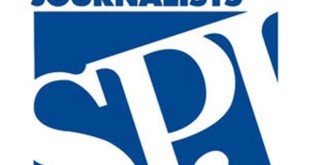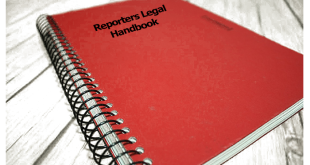The U.S. Supreme Court has ruled that high school student editors and reporters do not have the same level of First Amendment Rights in dealing with school authorities, as do professional journalists. The Court held in Hazelwood School District v. Kuhlmeier, 484 U.S, 260 (1988), that school districts’ censorship of school sponsored publications will violate the First Amendment only when there is no valid educational purpose.
However, the Nevada Legislature in 2015 adopted a so-called New Voices statute protecting student publications from restrictions on content that create no clear disruption in educational activities, a much different standard than the Kuhlmeier ruling.
Previous to the New Voices legislation, control by school administrators could have included limitations on advertising and extended to yearbooks and athletic programs as well as newspapers. Planned Parenthood v. Clark County School Dist., 941 F.2d 817 (9th Cir. 1991).
In reality, the relationship established by that decision is not much different from that enjoyed by a reporter and a publisher in the private sector. A publisher may certainly refuse to publish anything he or she wishes; and certainly should exercise that prerogative to, for example, prevent the publication of gratuitously libelous, insulting or offensive material.
High School student journalists do, however, enjoy, or have a colorable claim, to other rights and protections. Certainly, school officials do not have limitless discretion to suppress arguably political speech outside the contents of a school sponsored publication. Chandler v. McMinnville School Dist., 978 F.2d 524 (1992).
At a college level, the relationship with authorities is somewhat different. Depending on factors such as distribution, funding, editorial control, whether the paper is directly part of a classroom lab, and the language of the paper’s charter, the paper may partake more of the attributes of an independent publication and less of a high school newspaper. Lueth v. St Clair County Community College, 732 F.Supp. 1410 (E.D. Mich. 1990). In addition, governmental authorities have a substantially lower interest in controlling expression by older students. See Hazelwood, supra.
Accordingly, attempts by governmental authorities to censor the contents of a student newspaper may well be successfully resisted. The Nevada Press Association will consider supporting any such efforts.
*45 Similarly, of course, effort to prevent distribution of a privately published “free paper” on a publicly owned campus are subject to constitutional standards. Hays County Guardian v Supple, 969 F.2d 111 (5th Cir. 1992), cert. denied. 113 U.S. 1067 (1993).
 Nevada Press Association The best in Nevada journalism since 1924
Nevada Press Association The best in Nevada journalism since 1924


